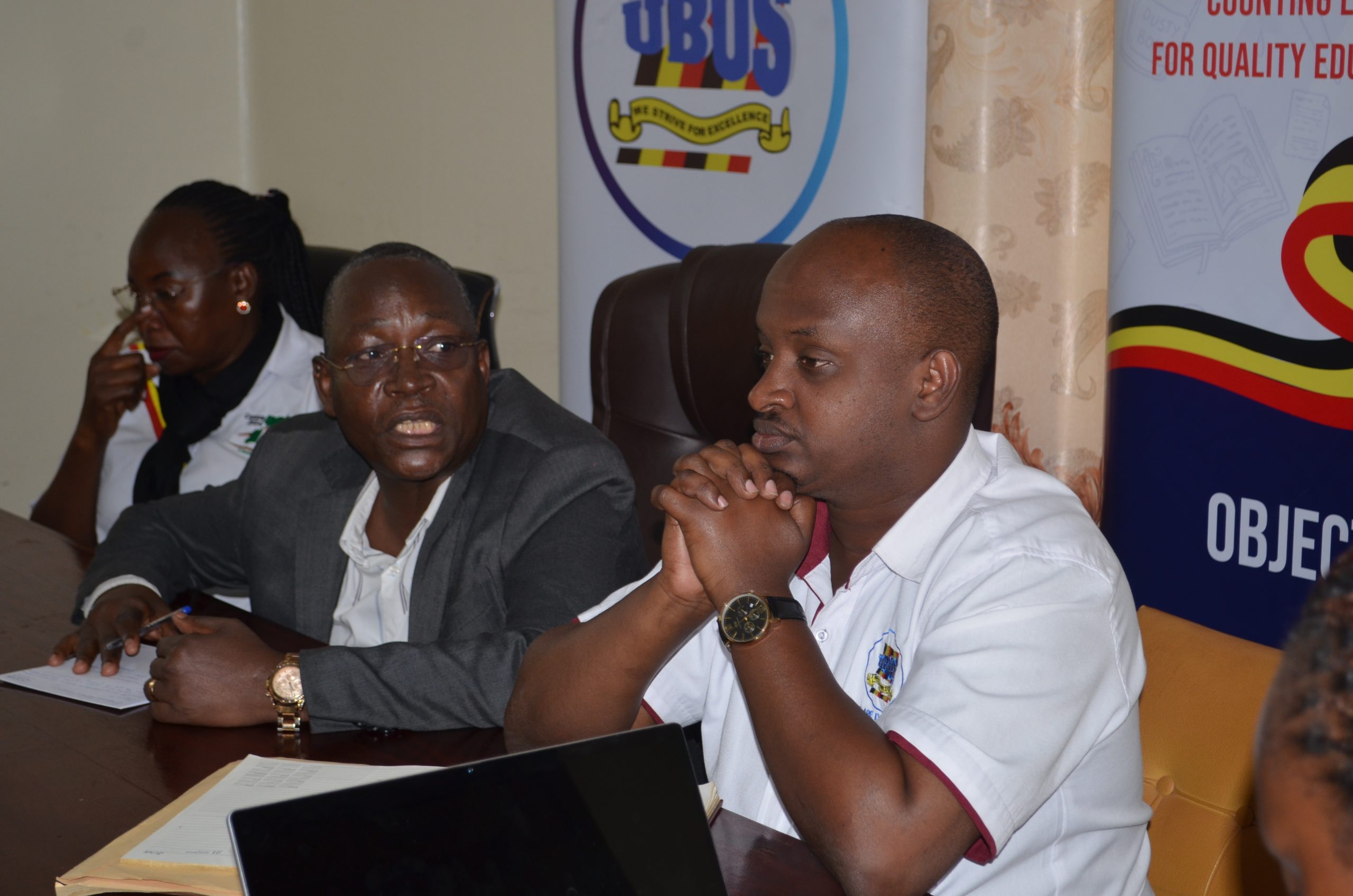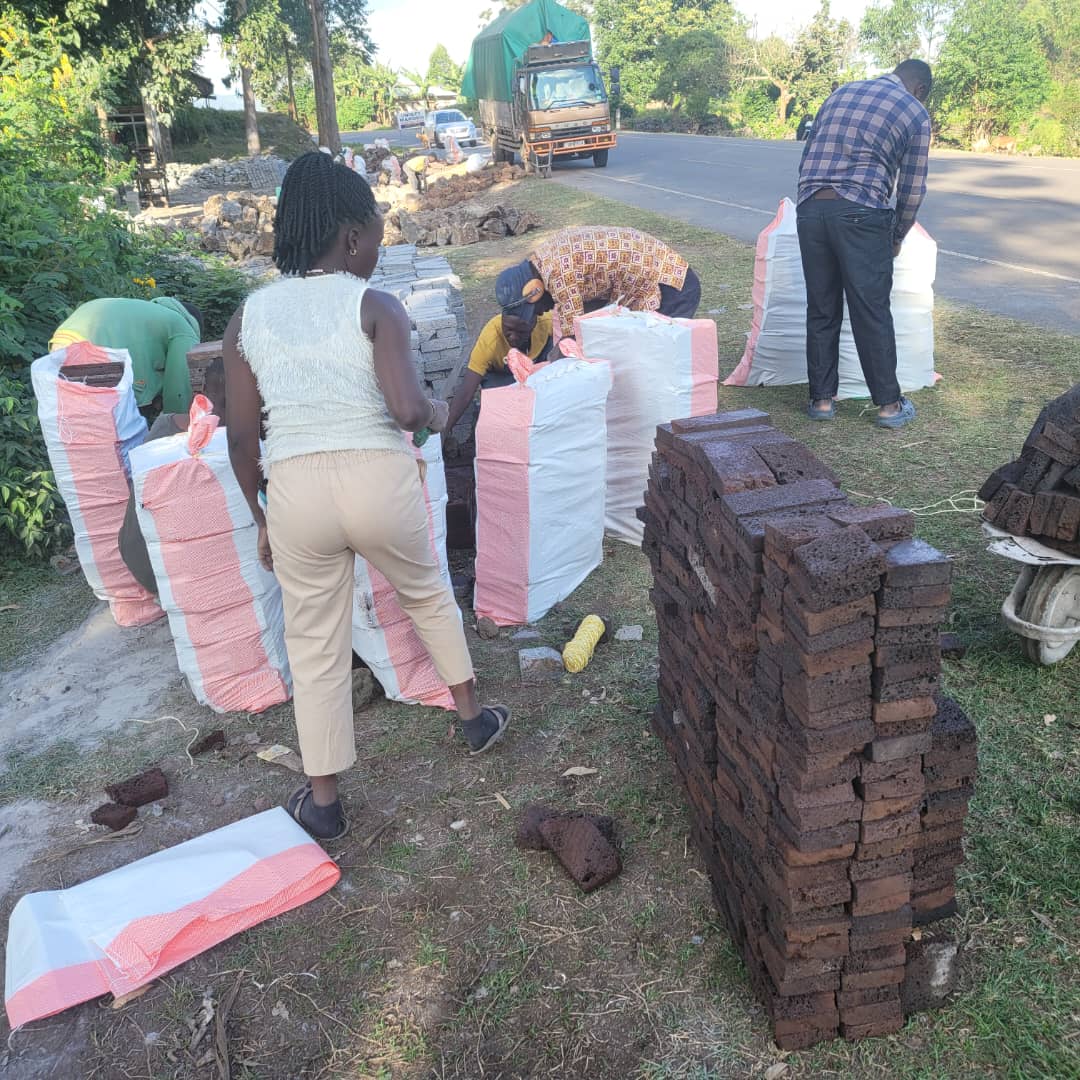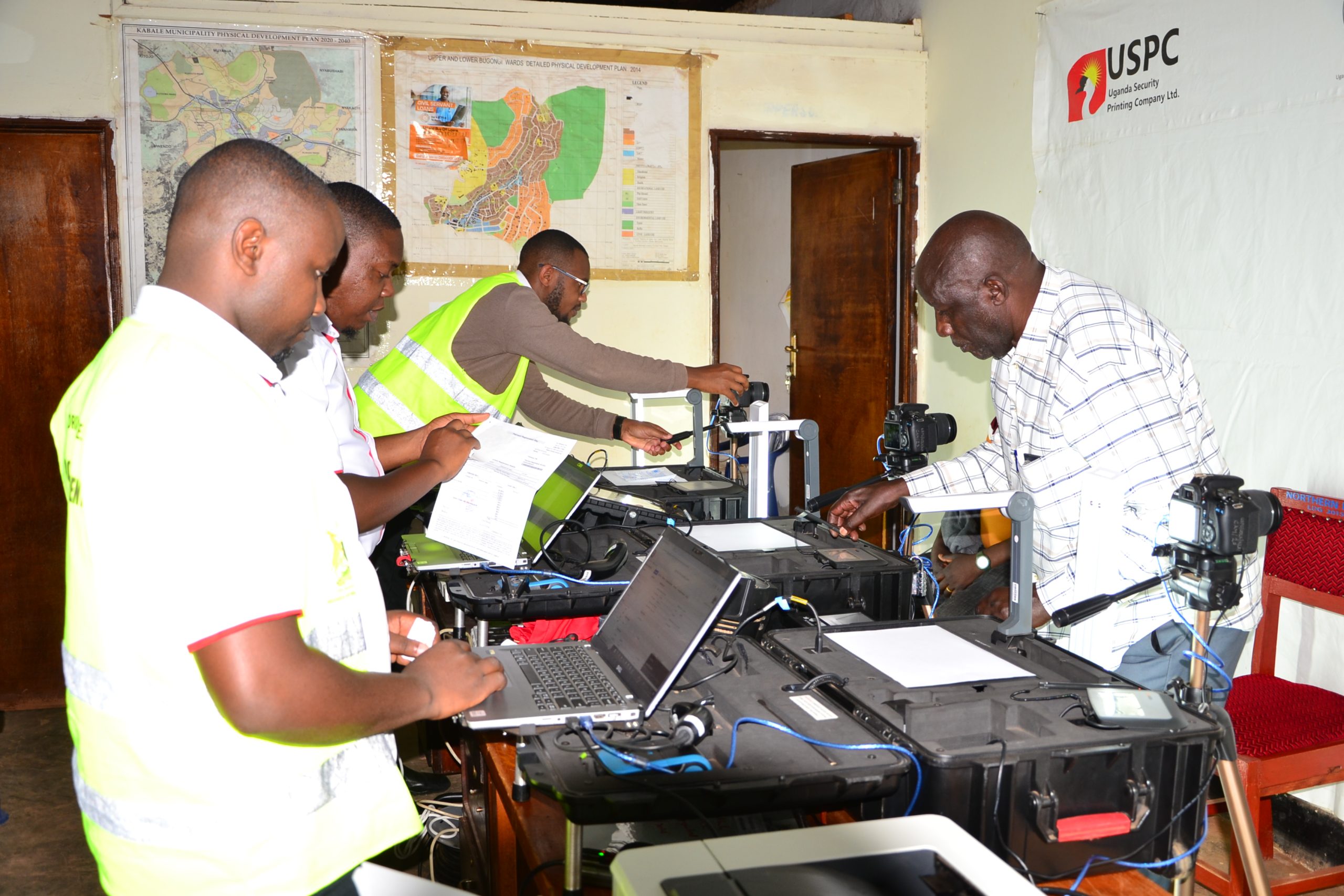News
Teachers’ Strike and Rugged Terrain Hamper Education Census in Kigezi

Mercy Kirabo
Kabale — The ongoing nationwide teachers’ strike and the challenging terrain of the Kigezi sub-region are disrupting the smooth implementation of the Baseline Education Census (BEC) 2025.
The Uganda Bureau of Statistics (UBOS), in partnership with the Ministry of Education and Sports, launched the census in June 2025 at the start of the second academic term. The initiative aims to collect accurate data from schools and training institutions across the country to inform planning, policy-making, and resource allocation in the education sector.
According to UBOS, the current rollout marks the third phase of the nationwide exercise, following two earlier phases. Speaking to journalists at the Kabale District boardroom, Stephen Baryahirwa, Head of the Social Surveys and Census Department at UBOS, confirmed that Phase Three began this week and covers the Kigezi, Karamoja, West Nile, Tooro, and Rwenzori regions.
“The goal is to obtain accurate data on learner enrollment and school infrastructure,” said Baryahirwa. “This data is critical for proportional planning and improving the learning environment in schools.”
However, he acknowledged that the exercise is being significantly affected by the teachers’ strike, led by the Uganda National Teachers’ Union (UNATU), which began on August 15 at the start of the third academic term. With many learners in government-aided primary schools absent, enumerators are struggling to gather accurate data.
In response, UBOS has shifted its focus to secondary schools, tertiary institutions, and private primary schools that remain operational. Despite this adjustment, Baryahirwa warned that the ongoing strike threatens to delay the census beyond its intended completion date — originally scheduled to conclude before the start of the Uganda Certificate of Education (UCE) examinations.
Adding to the challenges is Kigezi’s rugged terrain, which is making it difficult for census teams to access schools in remote areas.
“In Kampala and Buganda, our teams used buses. But in Kigezi, we’re forced to rely on four-wheel-drive vehicles due to the harsh landscape,” Baryahirwa explained.
To boost participation, UBOS has rolled out public awareness campaigns via local radio stations and community announcements, encouraging schools and communities to cooperate with census teams.
Aliziki Kaudah Lubega, UBOS Director of Economic Statistics, urged the public and stakeholders to support efforts aimed at ending the teachers’ strike, warning that incomplete or inaccurate data collection will have long-term effects.
“If we fail to gather comprehensive data, it will impact future budget allocations and service delivery in these regions,” she said.
ENDS////////

